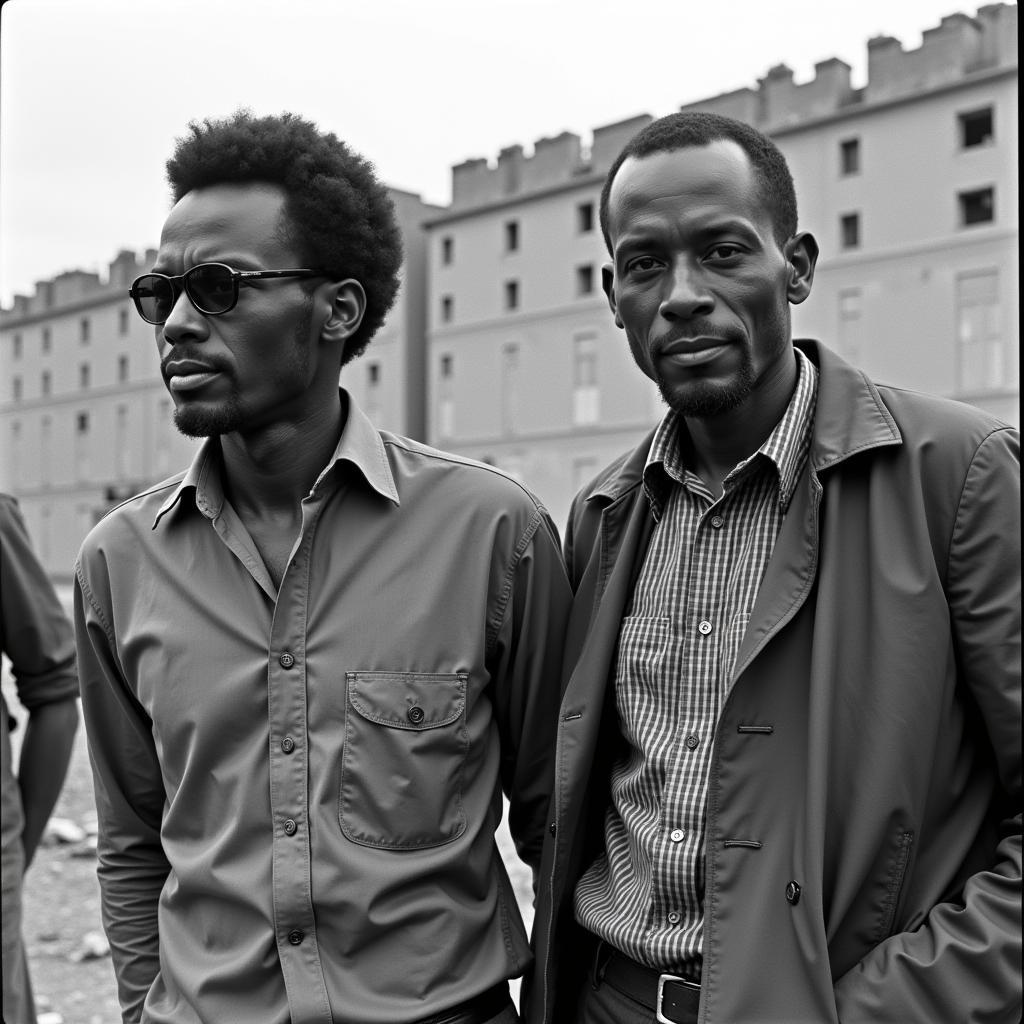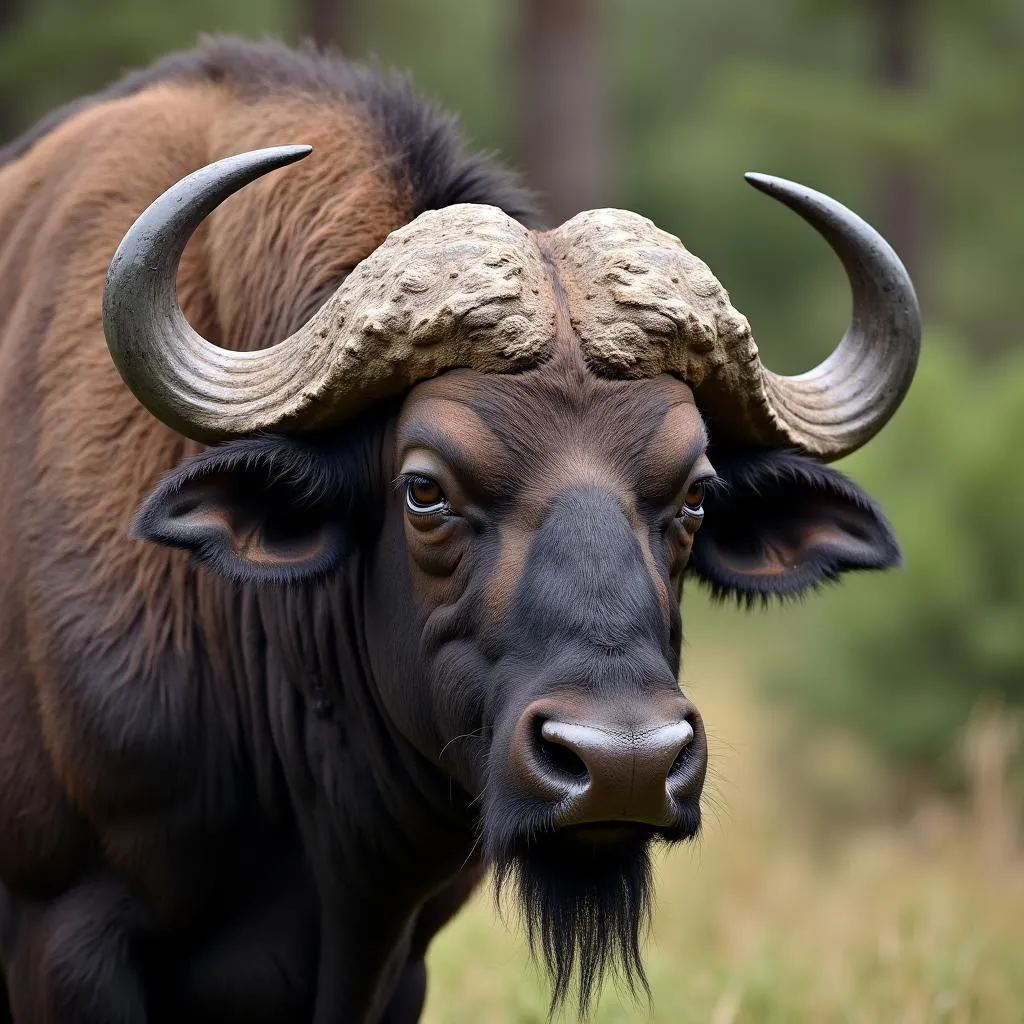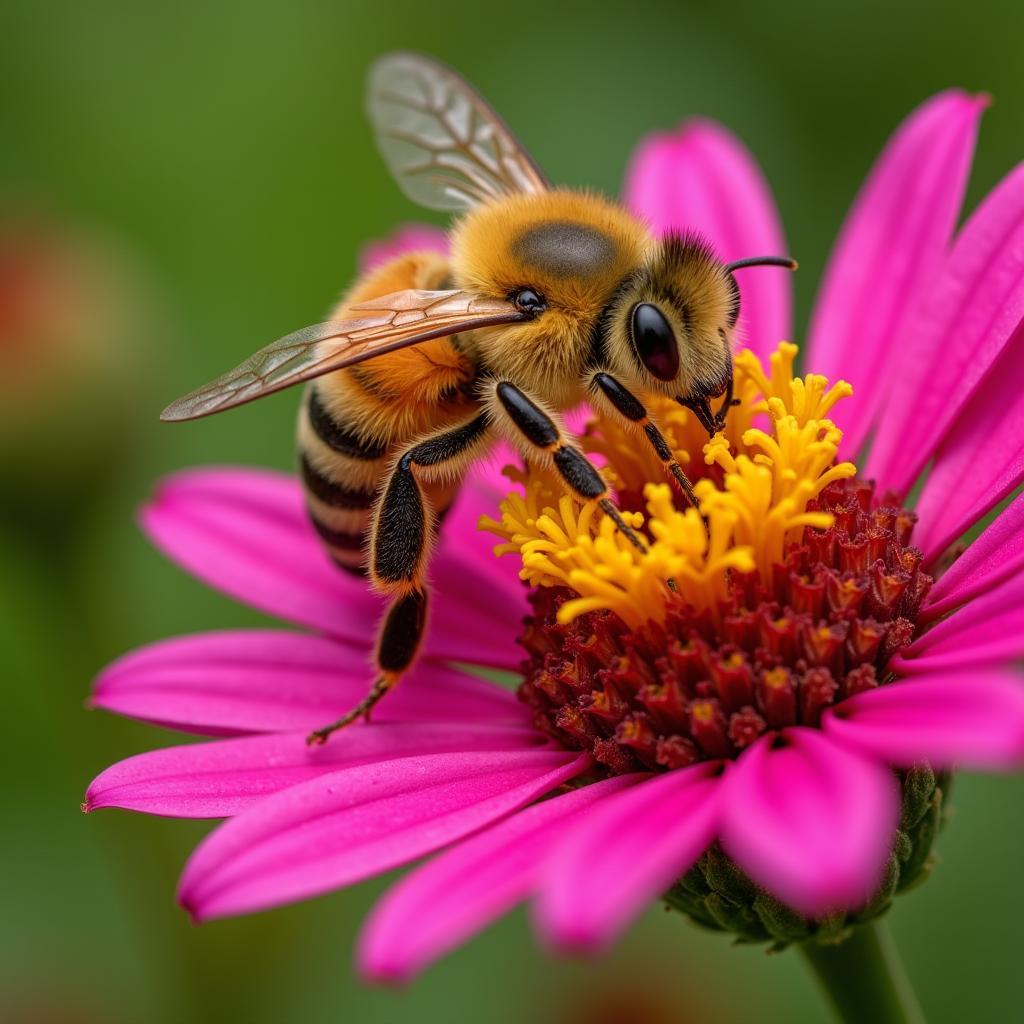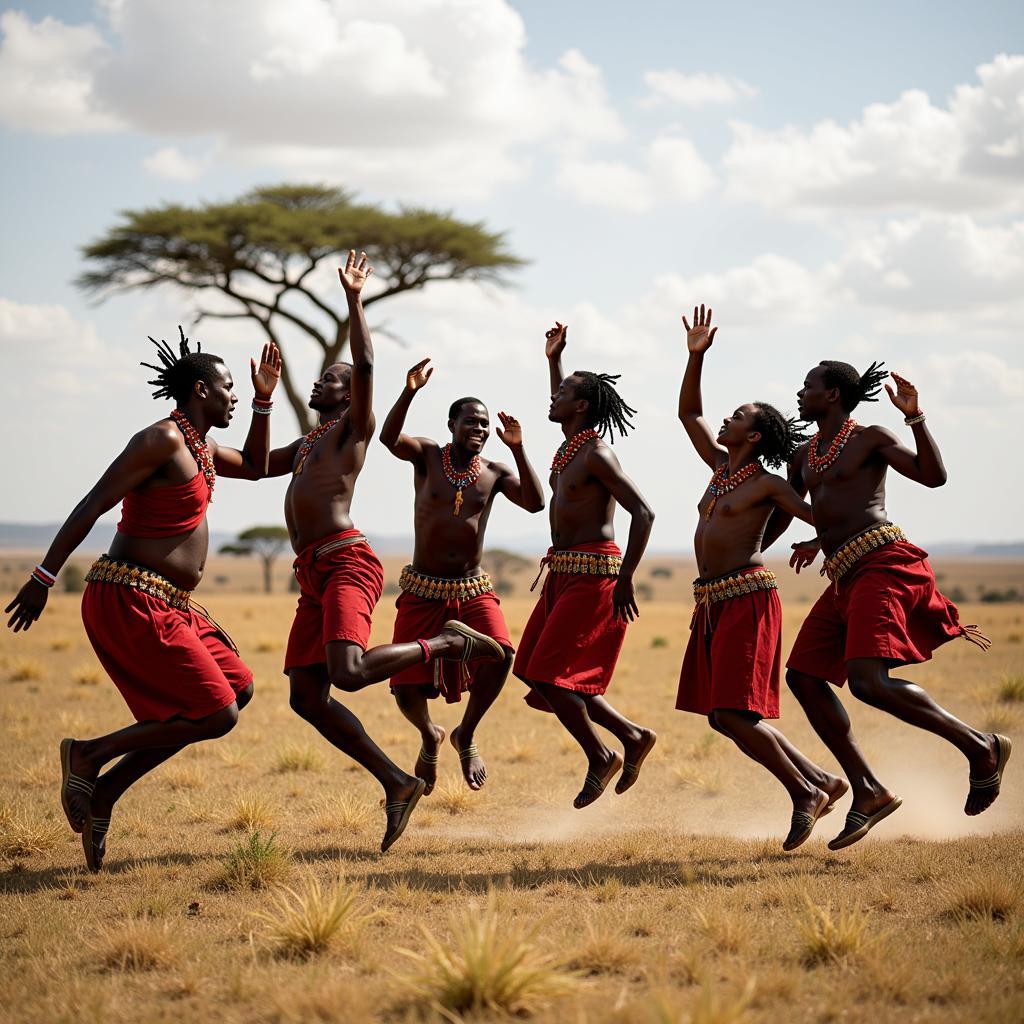Unpacking the African Boy Label: Beyond Stereotypes and Towards Individuality
The term “African Boy Label” often conjures up stereotypical images, reducing the diverse experiences of young African males to a simplified and often inaccurate representation. This article delves into the complexities of this label, exploring its origins, impact, and the importance of recognizing the individuality of African boys. We will examine how cultural nuances, historical context, and socio-economic factors contribute to the perceptions and realities faced by young men across the African continent.
Challenging the Single Narrative of the African Boy Label
The “african boy label,” whether consciously or unconsciously applied, can be harmful. It overlooks the rich tapestry of cultures, languages, and experiences that shape the lives of young men across Africa’s 54 countries. From the bustling streets of Lagos to the serene landscapes of the Serengeti, African boys are not a monolith. Instead, they represent a vibrant spectrum of identities, aspirations, and stories. This label often arises from limited exposure to the diversity within Africa, leading to generalizations and a lack of understanding of the individual.
After a particularly insightful conversation with a group of young men in Nairobi, I realized the depth of this issue. Their frustrations with being perceived solely through the lens of a Western-constructed narrative were palpable. They yearned to be seen for their individual talents, dreams, and contributions to their communities, not just as another “african boy.”
It’s important to dismantle this reductive label by actively seeking out diverse narratives and engaging with authentic representations of African boys. This means going beyond media portrayals and engaging with literature, art, and personal stories that showcase the multifaceted nature of their experiences.
The Influence of Culture and Tradition on the African Boy Label
Cultural and traditional practices play a significant role in shaping the lives of African boys. While these traditions vary greatly across the continent, they often emphasize communal values, respect for elders, and a strong connection to ancestral heritage. Understanding these cultural nuances is crucial to moving beyond simplistic labels and appreciating the depth of experience embedded within each individual. For instance, some cultures place a strong emphasis on male initiation rites, marking the transition from boyhood to manhood. These rituals, while diverse in their practices, often symbolize responsibility, community engagement, and the passing down of ancestral knowledge.
African baby boy names starting with k offers a glimpse into the rich cultural heritage and diversity of naming traditions across the continent.
Socio-Economic Factors and Their Impact
Socio-economic factors also significantly impact the lives and opportunities available to African boys. Poverty, lack of access to education, and limited healthcare resources are just some of the challenges that many young men face. These challenges are further exacerbated by conflict, political instability, and climate change in certain regions. Addressing these systemic issues is essential to fostering an environment where African boys can thrive and reach their full potential.
What Role Does Education Play in Breaking the Stereotype?
Education plays a pivotal role in empowering African boys and challenging the limitations imposed by the “african boy” label. Access to quality education equips young men with the knowledge, skills, and critical thinking abilities needed to navigate a complex world and contribute meaningfully to their communities. By investing in education, we invest in the future of Africa and create opportunities for young men to break free from the constraints of stereotypes.
African gandhi name explores the intriguing story behind this connection, shedding light on the shared values and historical context that link these two figures.
How Can We Support African Boys in Achieving Their Dreams?
Supporting African boys requires a multi-faceted approach that addresses both individual and systemic challenges. Mentorship programs, access to resources, and creating platforms for their voices to be heard are crucial steps. Furthermore, fostering cross-cultural understanding and challenging negative stereotypes is essential to creating a more equitable and inclusive world for all.
African bbw xnxx is another example of how limiting labels can be, reducing individuals to a single physical characteristic.
Celebrating the Diversity and Resilience of African Boys
In conclusion, moving beyond the “african boy label” requires a conscious effort to recognize and celebrate the diverse experiences, talents, and aspirations of young men across the African continent. By challenging stereotypes, promoting inclusivity, and investing in their future, we can empower African boys to achieve their full potential and shape a brighter future for themselves and their communities. Let us move forward with a commitment to understanding and appreciating the richness and complexity of their individual stories.
African baby girl names with meaning provides a similar glimpse into the significance and symbolism behind naming practices for girls.
FAQ
- What are some common misconceptions about African boys?
- How can we promote positive representations of African boys in the media?
- What are some organizations working to support African boys?
- How can I learn more about the diverse cultures and traditions of Africa?
- What are some resources available for African boys seeking educational opportunities?
- How can individuals contribute to breaking down stereotypes about Africa?
- What are the long-term impacts of labeling and stereotyping?
Need Support?
When you need support, please contact Phone Number: +255768904061, Email: kaka.mag@gmail.com Or visit us at: Mbarali DC Mawindi, Kangaga, Tanzania. We have a 24/7 customer care team.



